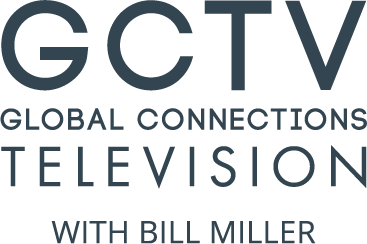Dr. John B. Cobb Jr. a renowned American theologian, philosopher, and environmentalist, explains the concept of an ecological civilization, its distinctive characteristics and the differences between sustainable development and environmentalism, within the prism of the climate crisis.
GCTV explores and covers diverse world issues such as hunger, poverty, security, economic development, energy, world health, migration, war, human rights, tolerance and international trade.




















